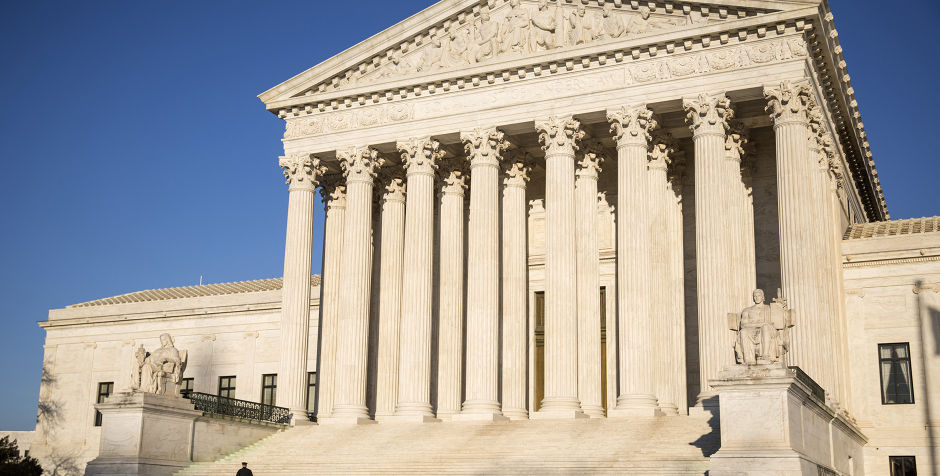ACLJ Files Reply Brief Urging the Supreme Court to Hold Planned Parenthood Accountable
Washington, D.C. – The American Center for Law & Justice (ACLJ) today filed a reply brief in support of the ACLJ’s request that the Supreme Court review our False Claims Act (FCA) case against Planned Parenthood. The matter will now be submitted to the Court for action, potentially as early as mid-May.
The case, Gonzalez v. Planned Parenthood Los Angeles, is a whistleblower suit under the federal statute – the FCA – designed to target those who cheat the taxpayer by filing claims for money they are not entitled to. ACLJ attorneys represent Victor Gonzalez, former Chief Financial Officer of PPLA. The lawsuit contends that the PP affiliates in California unlawfully overcharged the federal and state governments more than $200 million.
A federal district court in Los Angeles threw the case out back in 2008. ACLJ attorneys entered the case to handle the appeal, where we won a reversal of the district court and reinstatement of the lawsuit. The same judge dismissed the case again in 2011, but we were able to keep the case in court by filing a new pleading. Finally, the district court judge dismissed the case a third time in 2012, ruling that the complaint did not allege “falsity.” We appealed, pointing out that illegal overcharges are classic “false” claims – claims for money to which one is not entitled. The U.S. Court of Appeals for the Ninth Circuit did not disagree or agree with us, instead coming up with its own reason for dismissing the case: the argument that the state of California gave unspoken approval to the overcharges.
We filed a petition for certiorari asking the Supreme Court to review the case. We pointed out that the defense of government approval – the so-called “government knowledge defense” – should not apply here. As we explained, the other federal appeals courts only apply this defense after evidence has been taken (not at the complaint stage, as in this case), only apply the defense when the federal (not state) government approves, and only apply the defense when the government “knows and approves” the questionable claims (not when the government merely looks the other way or is silent). The Ninth Circuit’s ruling therefore creates a “conflict in the circuits,” the sort of disagreement only the Supreme Court can resolve.
Prof. Joel Hesch of Liberty Law School, a veteran former FCA litigator for the federal government and a published FCA expert, filed a friend-of-the-court brief on April 6 urging the Supreme Court to take our case. PP that same day filed its own brief trying to downplay the need for Supreme Court review.
Today, April 20, we filed our reply brief, explaining why PP’s objections are inadequate and that the Supreme Court should grant our petition. You can read our brief here.
What happens next? The Supreme Court clerk’s office distributes our petition, Prof. Hesch’s amicus brief, PP’s response to our petition, and our reply, to the Justices of the Supreme Court. The Justices, who meet periodically to discuss and vote upon petitions, probably will consider our case on May 14. At that point the Justices have several options, the most common being: grant the petition (in which case a new round of briefs are filed and the Court hears oral argument); deny the petition; postpone a decision; request input from the federal government (which also enforces the FCA); or decide the case summarily, without further briefing. We may learn as early as May 18 which route the Justices choose to follow.
The Supreme Court hears only a small fraction of the many cases it is asked to review. We believe our case is a solid candidate to be one of those cases the Court accepts. And we welcome all prayers that it be so!
